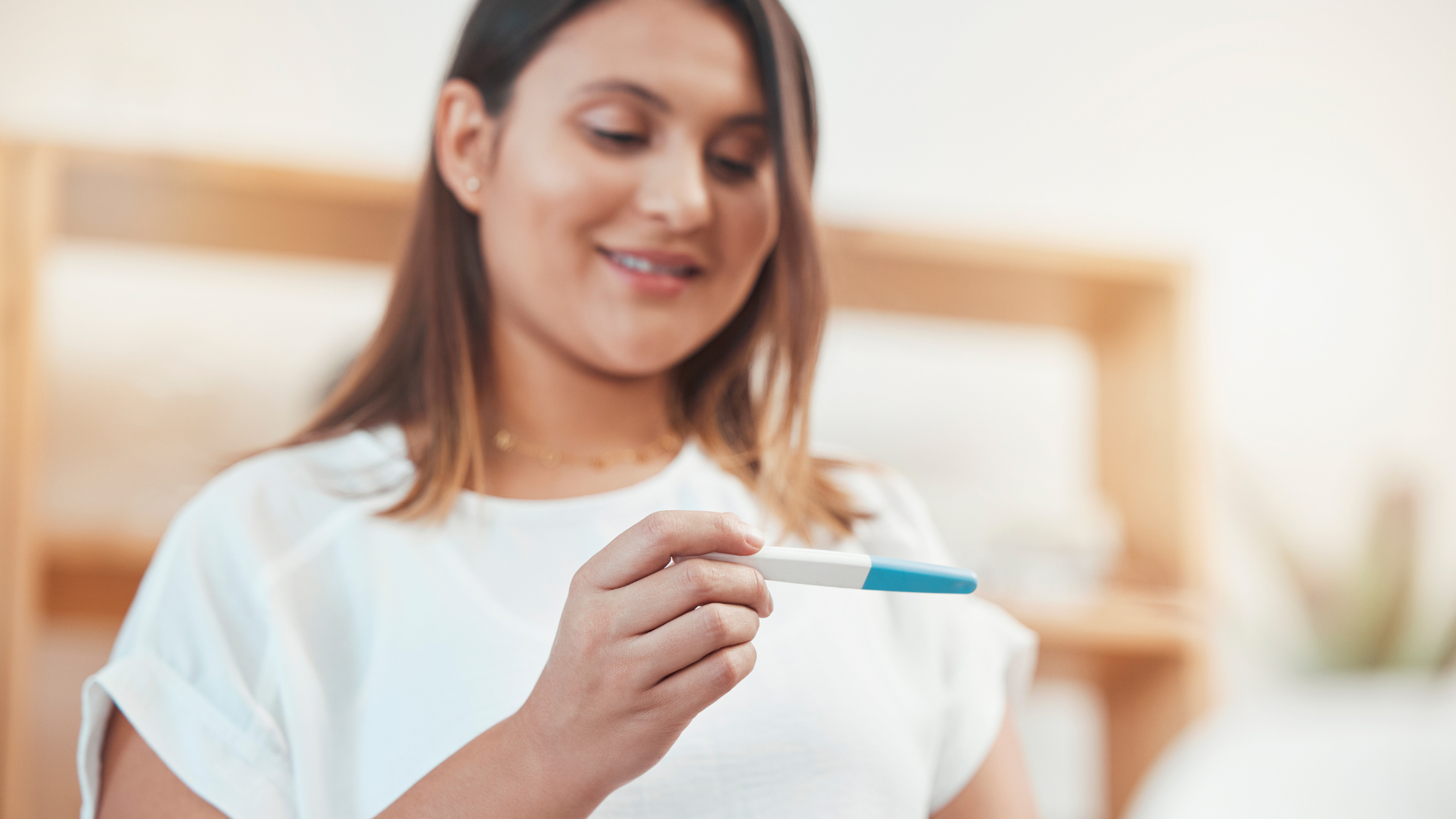Is Pregnancy Possible During Menopause with IVF?
Is Pregnancy Possible During Menopause with IVF?
Menopause marks the end of a woman's reproductive years, characterized by a decline in ovarian function and a cessation of menstruation. This natural transition significantly impacts fertility, traditionally viewed as the end of a woman's ability to conceive. However, advances in reproductive technology, particularly In Vitro Fertilization (IVF), have opened new possibilities for post-menopausal pregnancy. This article explores the feasibility of achieving pregnancy during menopause through IVF, the associated success rates and considerations, the role of hormone replacement therapy, and alternative fertility options.
Menopause stages:
Perimenopause: This stage begins several years before menopause as the ovaries gradually produce less estrogen. Women may experience irregular periods, hot flashes, and other symptoms.
Menopause: Diagnosed after 12 consecutive months without a menstrual period, usually occurring between ages 45 and 55.
Postmenopause: The years following menopause when symptoms may ease, but the risk of health issues such as osteoporosis and heart disease increases.
Common symptoms of menopause include hot flashes, night sweats, mood changes, weight gain, and thinning hair. The physiological changes during this time are significant, impacting a woman's overall health and well-being.
IVF as an Option to Get Pregnant after Menopause
IVF is a medical procedure where an egg is fertilized by sperm outside the body, and the resulting embryo is implanted into the uterus. While traditionally used by younger women with fertility issues, IVF can also be utilized post-menopause through the use of previously frozen eggs or donor eggs.
Oocyte Cryopreservation (Egg Freezing): This involves harvesting a woman's eggs and freezing them for future use. Women who freeze their eggs earlier in life can attempt pregnancy later, even after menopause, through IVF. This method allows women to delay childbearing until they are ready.
Donor Eggs: For women who did not freeze their eggs before menopause, using donor eggs is a viable option. Donor eggs from younger women are fertilized with sperm and the resulting embryos are implanted into the post-menopausal woman's uterus.
Success Rates and Considerations
The success rates of IVF in post-menopausal women depend on various factors, including age, overall health, and the quality of the eggs used (whether frozen earlier or from a donor). While IVF can provide a path to pregnancy, it is essential to consider several factors:
Age: Older age generally reduces the success rates of IVF due to decreased egg quality and other health factors.
Health Conditions: Chronic conditions such as hypertension or diabetes can affect pregnancy outcomes.
Hormone Replacement Therapy (HRT): Even with hormone replacement therapy, the eggs do not revert to their younger state. HRT is crucial for preparing the body for pregnancy by simulating a more fertile hormonal environment but does not improve the quality of the eggs.
Before opting for IVF, women should undergo a thorough medical evaluation to assess their suitability for the procedure and discuss potential outcomes with their healthcare provider.
Benefits and Risks
Attempting pregnancy through IVF during menopause offers several benefits but also poses significant risks.
Benefits:
Extended Fertility: Allows women to conceive beyond their natural reproductive years.
Use of Frozen Eggs: Provides an opportunity for women who planned ahead by freezing their eggs.
Use of Donor Eggs: Offers a chance for pregnancy using high-quality donor eggs.
Risks:
Health Complications: Older women face higher risks of pregnancy-related complications, including preeclampsia, gestational diabetes, and preterm birth.
Higher Miscarriage Rates: The likelihood of miscarriage increases with age.
Long-term Health: There are potential long-term health implications for both the mother and child, including increased maternal morbidity and potential genetic risks to the child.
Alternative Options for Menopause Other Than IVF
Aside from IVF, other fertility options are available for post-menopausal women, including surrogacy and adoption.
Surrogacy:
Overview: Involves a surrogate mother carrying the baby to term.
Benefits: Biological connection to the child if the couple's eggs and sperm are used.
Drawbacks: Legal and ethical considerations, along with the emotional complexities involved.
Adoption:
Overview: Provides a home for a child in need.
Benefits: Avoids the medical risks associated with pregnancy in older women.
Drawbacks: Lengthy and sometimes costly process, and potential emotional challenges.
Consulting a Healthcare Provider
Before deciding on IVF or any alternative, it is crucial to consult a healthcare provider. Professional medical advice ensures that women understand the risks, benefits, and feasibility of their options.
What to Expect During a Consultation:
Medical Evaluation: Comprehensive health assessment to determine suitability for IVF.
Discussion of Options: Exploration of all fertility options, including IVF, surrogacy, and adoption.
Personalized Advice: Tailored recommendations based on individual health status and fertility goals.
Questions to Ask:
What are the success rates of IVF in post-menopausal women with my health profile?
What are the potential risks and complications of IVF at my age?
How will hormone replacement therapy affect my overall health and IVF outcome?
What are the alternatives to IVF, and how do they compare?
Conclusion
While pregnancy during menopause through IVF is possible, it involves careful consideration of various factors, including health risks, success rates, and the role of hormone replacement therapy. A comprehensive approach, including professional medical advice, is essential to make informed decisions. Exploring all available options and understanding their implications is crucial for women embarking on this journey. Ultimately, consulting with healthcare providers and considering all aspects of post-menopausal fertility can help women achieve their dream of motherhood while maintaining their health and well-being.
Medical Disclaimer:
The information provided in this blog is intended for general informational purposes only and should not be considered as a substitute for professional medical advice, diagnosis, or treatment. Always seek the advice of your healthcare provider or qualified medical professional with any questions you may have regarding a medical condition. Never disregard professional medical advice or delay in seeking it because of something you have read in this blog.

